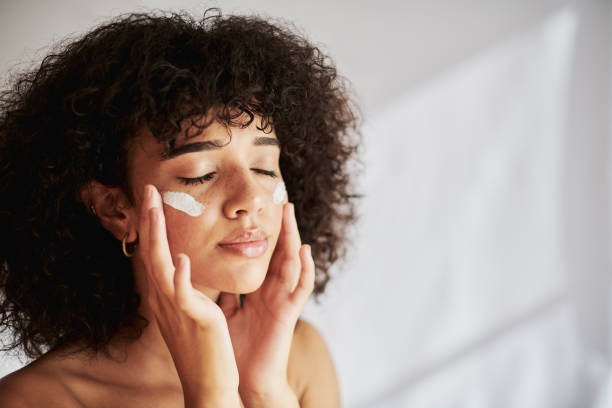Reducing irritation with pH-aware cleansing and barrier support
Managing irritation starts with gentle, pH-aware cleansing and consistent barrier support. By choosing products and routines that respect your skin and scalp’s natural acidity, you can reduce inflammation, protect follicles, and improve hydration and moisture retention over time. This approach benefits sensitive complexions and promotes sustainable care.

Effective irritation reduction combines chemistry with consistent care. Respecting the skin and scalp’s natural acidity—typically slightly acidic—helps preserve the barrier that protects complexion and follicles from external stressors. Rather than relying on frequent stripping or harsh ingredients, focus on balanced cleansing, targeted barrier support such as ceramides and hyaluronic acid, and protective daily habits that reduce irritation without compromising moisture or hydration.
How does pH affect complexion and barrier balancing?
The skin surface functions best at a mildly acidic pH that supports the lipid matrix and resident microbiome. Disrupting this acidity through alkaline cleansers or over-cleansing can weaken the barrier, leading to transepidermal water loss and increased sensitivity. Maintaining balanced pH helps preserve moisture and reduces the likelihood of redness, flaking, and other irritation signs. For many, switching to pH-balanced cleansers can improve overall complexion resilience within weeks by minimizing repeated barrier insult.
What cleansing choices help sensitive skin and scalp?
Select cleansers formulated for sensitive skin and scalp that remove dirt without stripping natural oils. Gentle, sulfate-free formulas and low-foam options tend to be less disruptive to the barrier. When addressing the scalp, consider mild shampoos that maintain pH balance and avoid repeated hot-water washing that can aggravate follicles and dry the scalp. Limit harsh exfoliation frequency and use lukewarm water to preserve both scalp and facial moisture.
How do ceramides and hyaluronic support hydration and moisture?
Ceramides are lipid molecules that help rebuild the skin’s protective barrier, reducing water loss and decreasing irritation susceptibility. Hyaluronic acid acts as a humectant, attracting and retaining hydration at the surface. Used together in moisturizers or serums, they can restore moisture balance and reinforce barrier integrity. Apply these ingredients to slightly damp skin to optimize absorption and lock in moisture, which supports a calmer, more resilient complexion.
What role do serums, biotin, and follicles play in scalp and hair health?
Serums can deliver concentrated actives—such as hyaluronic for hydration or specialized peptides for barrier repair—directly where needed. For hair, biotin is often mentioned in the context of supporting hair growth and follicle health, though topical benefits vary and oral supplementation should be considered under professional guidance. Strengthening the scalp’s barrier, improving hydration, and reducing inflammation can create a healthier environment for follicles and reduce irritation-related shedding or discomfort.
Why is sunscreen important for barrier and complexion?
Ultraviolet exposure weakens the barrier and accelerates moisture loss and inflammation, even in non-sunburn scenarios. A daily, broad-spectrum sunscreen helps protect the skin’s lipids and proteins from damage that can aggravate sensitivity. Choose formulas that are compatible with your skin type—mineral or chemical options designed for sensitive skin—and integrate them after serums and moisturizers to preserve both hydration and barrier function.
How to choose sustainable, sensitive-friendly products and routines?
Look for products labeled pH-balanced, fragrance-free, and formulated for sensitive skin. Sustainable choices often include minimal packaging, ethically sourced ingredients, and transparent labeling about concentration and purpose. Prioritize multipurpose, gentle formulations that reduce the number of steps and potential irritants in a routine. Patch-test new products and introduce one change at a time to monitor reactions and avoid overwhelming the barrier.
This article is for informational purposes only and should not be considered medical advice. Please consult a qualified healthcare professional for personalized guidance and treatment.
Conclusion
Reducing irritation relies on preserving the skin and scalp’s natural acidity while providing targeted barrier support. Gentle cleansing, strategic use of ceramides and hyaluronic acid, thoughtful serum selection, and consistent sun protection form a cohesive approach that supports hydration, protects follicles, and calms sensitive complexions. A sustainable, measured routine helps maintain moisture and barrier function over the long term, lowering the chance of repeated flare-ups and improving overall skin and scalp health.






